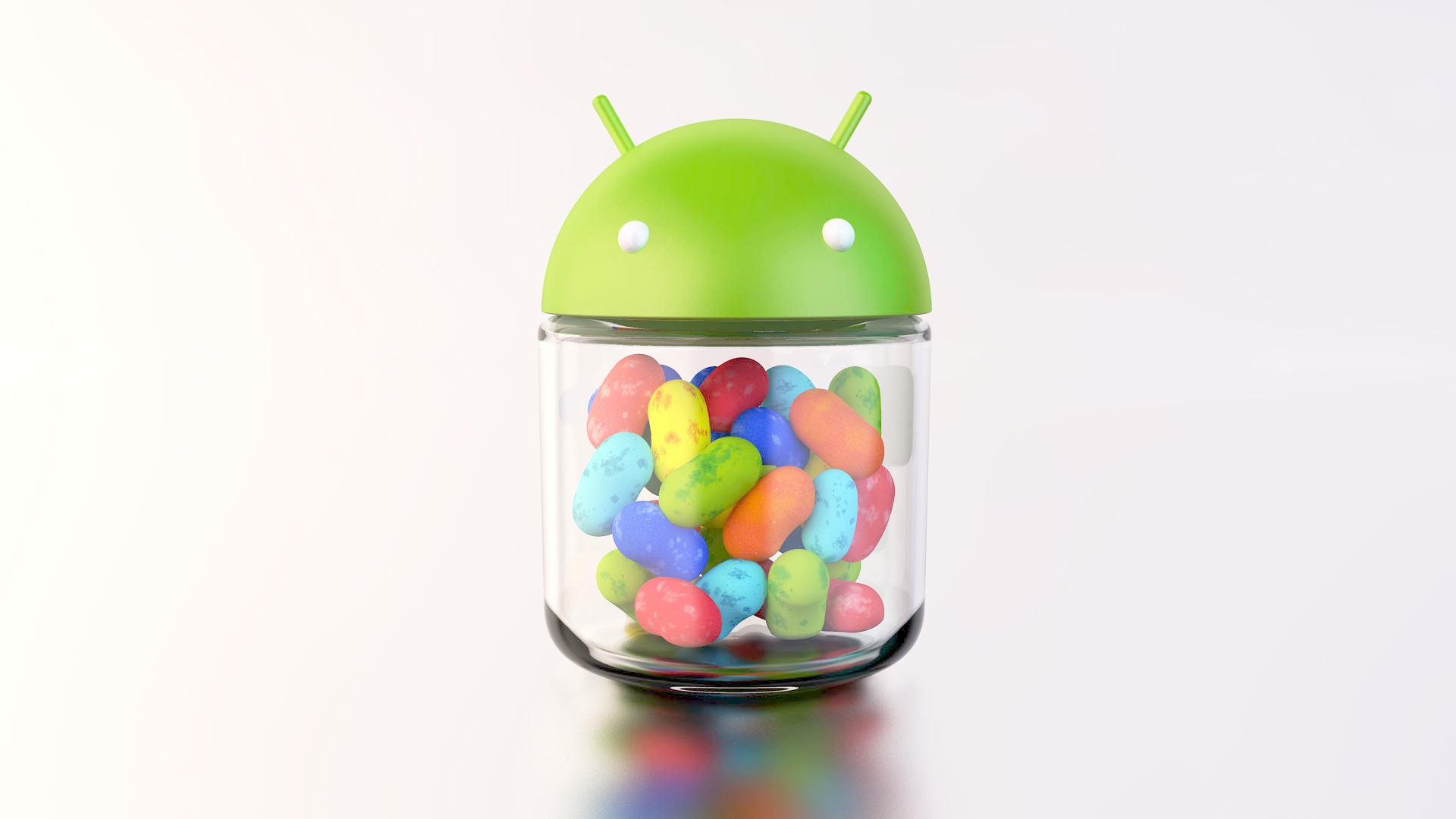Apple wants Android source code in Samsung patent case
Android open source code sought by Apple

Apple is looking to force Google to turn over its Android source code as part of the company's ongoing patent lawsuit with Samsung.
Before a U.S. magistrate judge this week, Apple accused Google of improperly withholding pretrial information related to the mobile operating system, according to Bloomberg.
Specifically, the company is seeking all of the search terms that Google is using to discover documents that Apple has requested.
"It's a question of transparency," Mark Lyon, a lawyer for Apple, to a U.S. magistrate. "We have concerns that they're not doing a full search."
Google's defense
Google is caught up in the Apple vs Samsung lawsuit because it "provides much of the accused functionality," said the lawyer for Apple in a case filing.
True enough, Google's Android mobile operating system runs the Samsung smartphones that have been at the heart of the trial, including the Epic 4G and Galaxy S2.
But Matthew Warren, an attorney for the Mountain View company who is also representing Samsung, didn't see the fairness behind Apple's petition.
Sign up for breaking news, reviews, opinion, top tech deals, and more.
Google, he argued before the judge, doesn't have the same legal rights, like "reciprocal discovery," as a third-party to the case.
The search terms are "future discovery that we don't think [Apple is] entitled to," and could lead to "ideas about how to proceed that they wouldn't have had."
Second lawsuit just heating up
The judge has not declared whether or not Google will have to provide Apple with all of the Android information being sought in this second patent lawsuit between Apple and Samsung.
Samsung was found guilty of the first patent infringement case last year after a jury found that Samsung was violating six of Apple's patents.
That jury awarded Apple $1.049 billion (£675 million, AU$1.03 billion) in August, but a judge halved that amount due to jury errors three months later and ordered the new trial, which ensures more back-and-forth legal squabbling between all of the companies.
